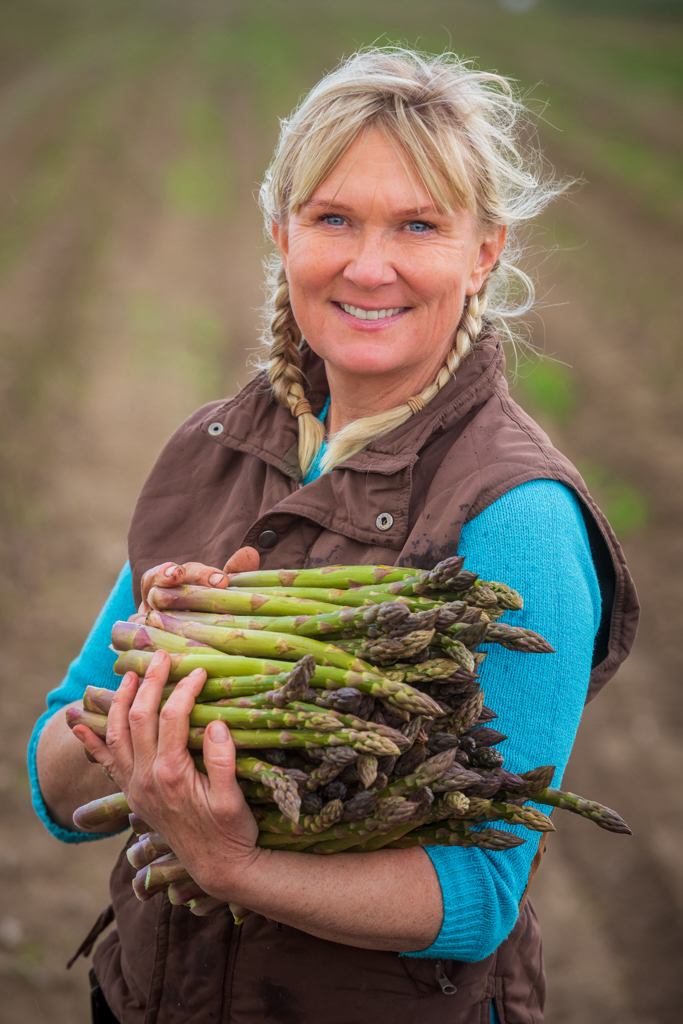Mia Jonson
Lilla Labäck
Mia Jonson runs the farm Lilla Labäck, a small family business in Lidköping, Sweden — uncompromising organic certified farming. Why is it essential for you to be organically certified?
– When I ask my customers what is most important to them, they often respond: quality, not organic. But to me, they are synonymous. Everything coming from me is 100 percent KRAV-certified. Our customers might not require the label, arguing that they trust me. But for me, it is precious to know that a third party is approving what I do. It feels good in my heart.
On your part, what is crucial for a good customer relationship?
– Most important to me is that my customers want to work with me the entire year – long-term collaborations with mutual understanding. I don’t tolerate cherry-picking. If you work with another farmer, I advise you to nurture that relationship instead – ask them to grow what you are looking for! Nurture the relationship you have. I value my customers because they request qualitative produce and see a sustainable whole. Organic processes are expensive, something they must value. Also, they must respect that I recruit and plan based on the demand I know I have
Please tell us how you work towards a closed-loop system
– Organic is about working towards a balanced environment that positively affects the surroundings. No production is climate neutral, but organic farmers strive to achieve an impact as low as possible. We have sheep and horse ranches nearby, providing us with fertilizer. Having cattle would be a dream, but we don’t have the right conditions, and it is hard to make a profit if you do a little bit of everything
Do you often have customers visiting?
– Many want to, and they do come, but I don’t have time during high season. There is so much to do. At the same time, they value coming here to better understand what we do. Similarly, I should visit them more often to better understand their environment. That way, I can offer more products well-suited to their needs.
What is the toughest part about your job?
– I wish I would have more time for recovery. I work seven days a week, and high season is hectic. Still, I love what I do and am thankful that I have such passionate customers who keep challenging us. Food is one of the most crucial areas if you wish to make a sustainable impact, not least as everyone consumes it. Small streams make great rivers
